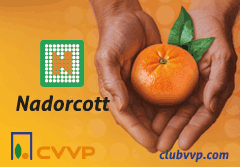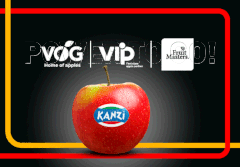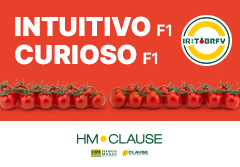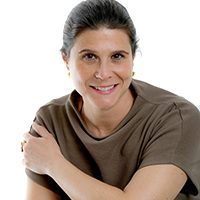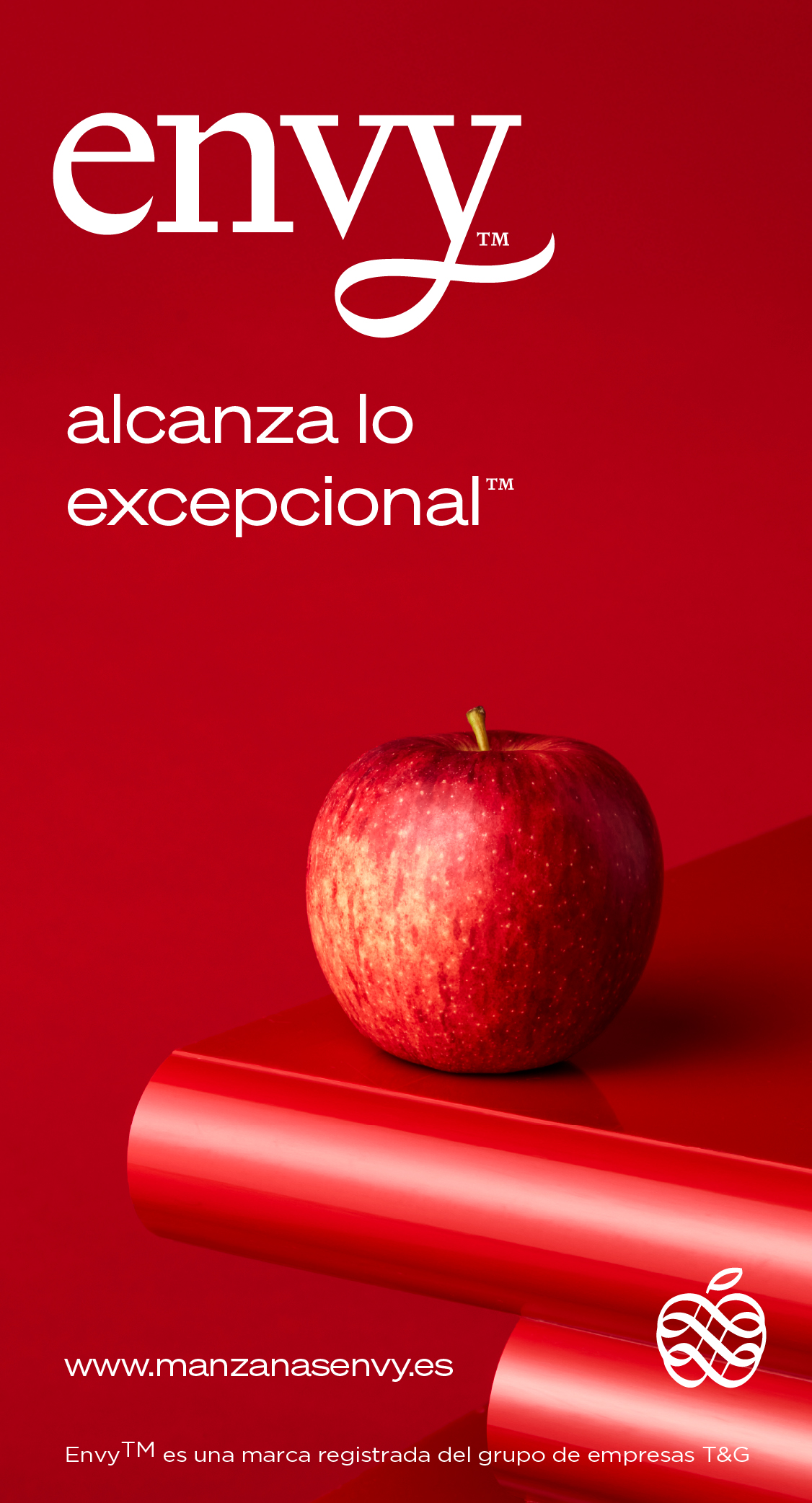The ecological segment is a ‘key factor’ in the chain’s growth, which has developed a new sales concept in Spain, its urban supermarket
According to MAPAMA, the Spanish market of ecological produce (fresh and not fresh) was worth 1,686 million euros in 2016, growing by 12% compared to the previous year. A figure that has been contributed to by large supermarkets such as Carrefour, through an increasingly greater commitment to the marketing of these products with specific supermarket shelves in their hypermarkets and since last April, with the opening of the first supermarket exclusively selling bio produce. We talked to those in charge of the Ecological Products Department to discover their strategy.
You have been marketing ‘eco’ products in Spain and France for the past 12 years. What does the future hold for you in terms of growth over the next few years?
For us, these products are a key growth factor. Fresh produce is very important in the sales of our Carrefour Bio supermarket and our customers put great value on the variety and freshness.
In 2017 you started up the first Carrefour Bio in Fuencarral. How has it been received during these first months?
We are very satisfied with the consumers’ response; they already know about our extensive bio sales proposals in the hypermarket format and they saw the creation of ‘Carrefour Bio’ as an extension of this policy. Consumers attach a very positive value to having an establishment exclusively devoted to products from ecological farming and livestock.
What is the philosophy on which this model is based?
It is a new sales concept in Spain. Carrefour Bio is an urban supermarket devoted to products that come from ecological farming and livestock. The format is the first of these characteristics opened by a distribution company. The store, located at calle Velarde 1, has a salesroom of 140 m² and it has an assortment of over 2,000 products (over 200 are fresh) with which consumers can complete their entire shop with products from ecological farming and livestock. Amongst the articles on sale are the main Bio specialised brands and the supermarket also offers products from the chain’s own brands, Carrefour Bio and Ecoplanet. All the food products sold in the store hold ecological certificates.
How many ecological fruit and vegetable references do you sell?
In the Carrefour Bio supermarket we have over 110 references of fruit and vegetables. The majority of them come from Spain.
What is the customer profile of Carrefour Bio and what do you offer them?
The space is at the forefront of the new consumer trends and it is conceived to respond to the needs of a city-dwelling customer, who wants to complete his or her complete shop with products from ecological farming and livestock: fruit, meat, fish, packaged food, refrigerated and frozen produce, dishes to eat on the spot, sandwiches… It also has a range of vegan and gluten-free products. To look after this establishment, the company has qualified personnel, with training in agricultural engineering, nutrition, dietetics and food… And many of them have previous experience in the ecological sector. Amongst the new developments offered is that of being able to buy the produce loose, not only fruit and vegetables (for which we have recyclable paper bags), but also food products such as quinoa, oat flakes or wholemeal couscous, so that customers only have to buy the amount they need, limiting packaging to a minimum. To help with the shopping process, signs have been developed emphasising products for specific diets, intolerances, as well as vegan food.
How do you contribute to the development of ‘eco’ consumption?
Today, the distribution of ecological products is highly fragmented in Spain. For a long time, these products were only found in small herbalist stores and the range available was very limited, but over the past few years the concept of an ecological supermarket has been developed, where you can find everything and do all your shopping in one place, as in a conventional supermarket. With the development of our Bio store, we want to increase access to this type of produce, democratising its consumption and helping with the shopping process. Customers choose this store due to its proximity, the range it carries and the shopping experience and they visit several times a week.
30 years of SOCOMO
Socomo was born in 1987, aimed at exporting citrus fruits. Over these past 30 years, Carrefour’s subsidiary has been transformed into a company that employs over 100 direct collaborators and that has marketed 8,700 million kilos of fruit and vegetables, of which 3,600 million have been sold on international markets.
Amongst the purchases made during these years, the following should be mentioned: over 3.2 billion kilos of produce from the Valencian Community such as oranges or clementines; 1.8 billion kilos of tomatoes or watermelons in Andalusia; 1.2 billion kilos of produce from the fields of Murcia such as lettuces or lemons; or the over 640 million kilos of apples and nectarines from Catalonia, just to give a few examples.









